In the bustling realm of health supplements, Niacin — also known as Vitamin B3 — has steadily claimed its ground. Lauded for its myriad of health benefits, it’s a staple ingredient in numerous nutritional products.
But what makes Niacin so vital? Why do so many health aficionados swear by its positive effects? In this post, we'll delve deep into the role of Niacin in health supplements, shedding light on its significance, benefits, and things to be cautious about.
What is Niacin?
Niacin is one of the eight water-soluble B vitamins. Specifically, it is Vitamin B3 and can be found in two main forms: nicotinic acid and niacinamide. It is important for turning food into energy by helping enzymes change carbs into glucose. Moreover, Niacin plays a crucial role in maintaining the health of the skin, eyes, hair, and liver.
Why is Niacin Used in Health Supplements?
Heart Health
- Cholesterol Control: Niacin is particularly renowned for its lipid-altering properties. It can raise HDL cholesterol, which helps remove LDL cholesterol from the bloodstream. Higher levels of LDL cholesterol increase the risk of developing coronary artery disease. By influencing lipid profiles, Niacin can potentially reduce this risk.
- Reduction of Triglycerides: Beyond cholesterol, Niacin also reduces triglycerides in the blood. High triglycerides, combined with low HDL and high LDL levels, enhance the risk of heart disease. Niacin interferes with the production of triglycerides, thus reducing their levels.
Skin Health
- Anti-inflammatory Properties: Niacinamide, in particular, has been shown to have anti-inflammatory properties, which can be beneficial for skin conditions like acne and rosacea. Its anti-inflammatory nature can also reduce redness and irritation.
- Barrier Reinforcement: The skin barrier serves as the first line of defense against environmental pollutants and harmful microorganisms. Niacinamide reinforces this barrier, making the skin more resilient and retaining moisture more effectively.
- Hyperpigmentation: Another less-known benefit is niacinamide’s ability to reduce hyperpigmentation by inhibiting the transfer of melanin to the skin's surface.
Brain Function
- Neuroprotection: Niacin has neuroprotective properties, which means it may protect nerve cells against damage and degeneration. It aids in the production of NAD, a molecule that assists cells in repairing themselves and combating stress.
- Mood Regulation: Recent studies indicate that Niacin may be involved in the creation of specific neurotransmitters in the brain, which are vital for mood control. This could potentially impact disorders such as depression.
Joint Mobility
- Anti-inflammatory Effect: Just as it aids the skin, the anti-inflammatory properties of Niacin can help alleviate joint inflammation, proving advantageous for ailments such as arthritis.
Digestive Health
- Supporting Digestive Tract: Niacin ensures the healthy lining of the digestive tract, aiding in the efficient absorption of nutrients and the processing of foods.
- Promotion of Gastric Juices: Proper digestion requires the release of gastric juices and enzymes. Niacin facilitates this, ensuring the breakdown of complex food molecules into simpler, absorbable ones.
How Much Niacin Do You Need?
As with any vitamin, there's a recommended daily intake. For Niacin, the recommended daily allowance (RDA) varies depending on age, gender, and specific life stages.
Adult men should consume around 16 milligrams of Niacin daily while adult women should aim for 14 milligrams per day. These recommendations may vary during pregnancy or breastfeeding.
In the supplement world, dosages are often higher than recommended, especially for improving health issues like cholesterol levels. This means that people may take more of a supplement than they actually need. It's important to be cautious and follow recommended dosages to avoid any potential negative effects on your health.
Potential Side Effects and Considerations
Niacin is generally well-tolerated, especially when consumed within the RDA guidelines. However, high doses can lead to what's often referred to as the “Niacin flush.” This is a reddening and warming of the skin, often accompanied by itching. It's temporary and not harmful, but it can be uncomfortable for some.
Taking too much Niacin can lead to severe side effects like liver problems, stomach issues, and blurred vision. Again, it is crucial to emphasize seeking guidance from a healthcare provider when considering larger-than-normal dosages.
Discover the Power of Niacin with Phytage Laboratories
With the myriad benefits of Niacin laid bare, it's no wonder top health supplement manufacturers are integrating this essential nutrient into their products. One such industry leader is PhytAge Laboratories, the proud manufacturer of premium health supplements like Tinnitus 911 and Blood Pressure 911.
Both these products harness the power of Niacin, combined with other potent ingredients, to deliver remarkable health results. Whether you're looking to address tinnitus or maintain healthy blood pressure levels, Phytage Laboratories provides solutions tailored to your needs. Dive into a journey of improved well-being and discover the potency of Niacin-empowered supplements. Take the first step and explore PhytAge Laboratories' range today!

 Cart
Cart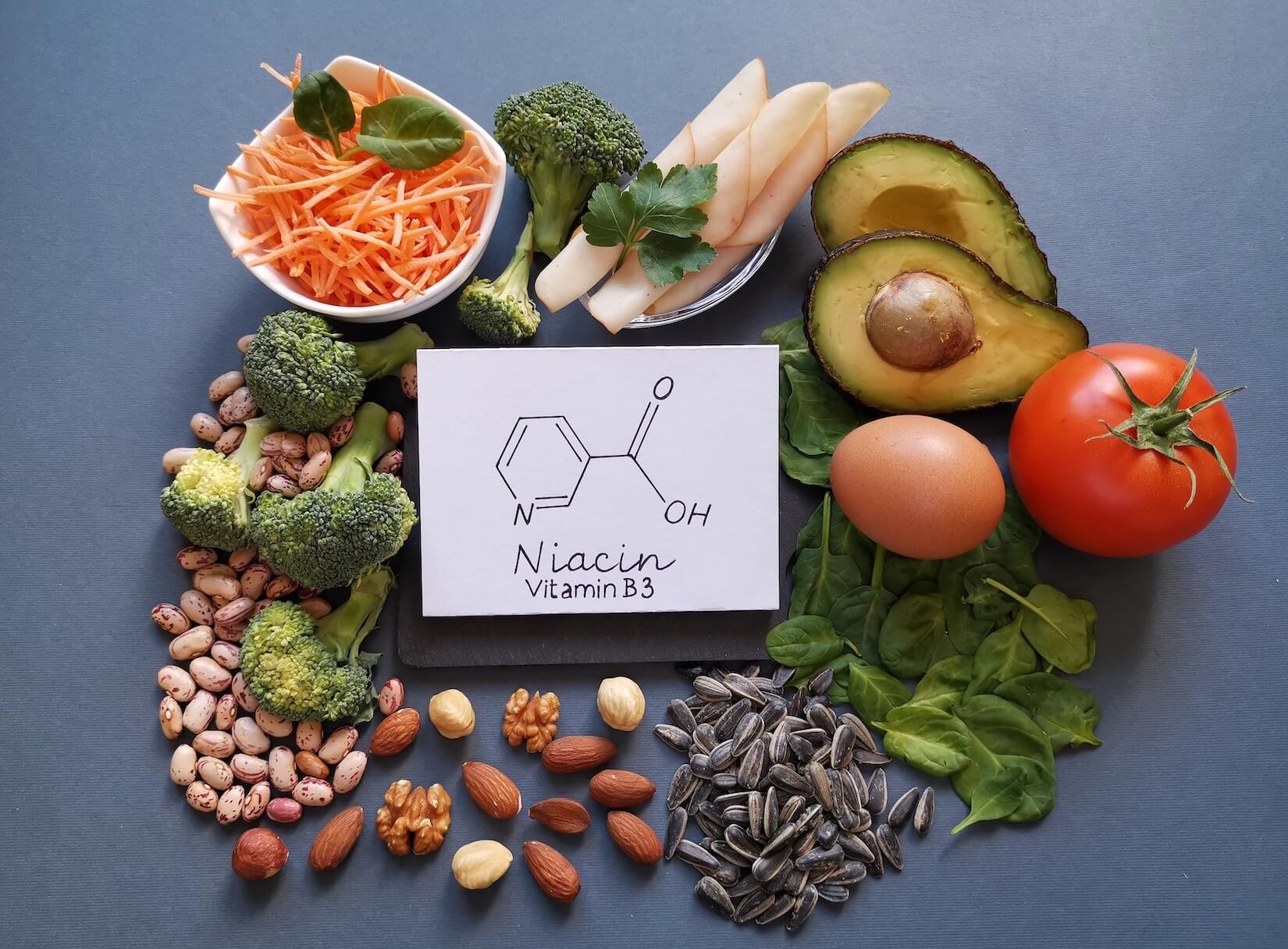




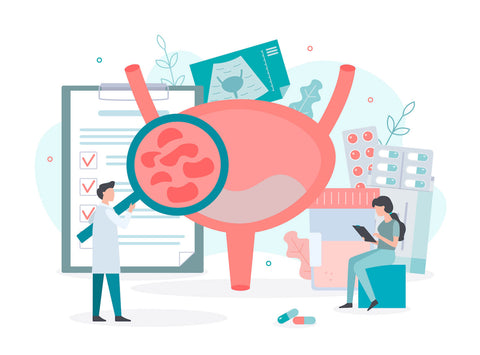




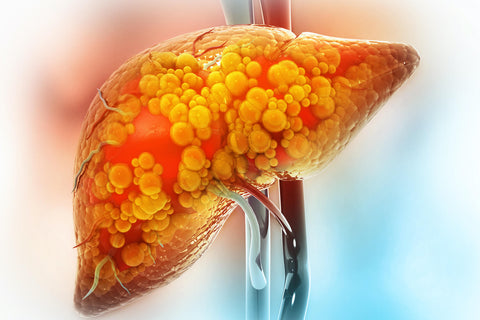



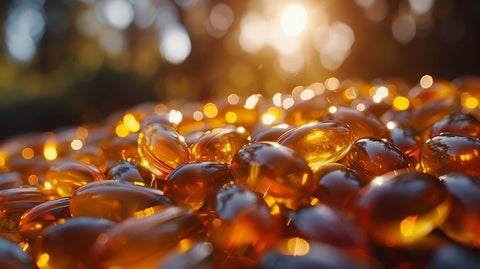

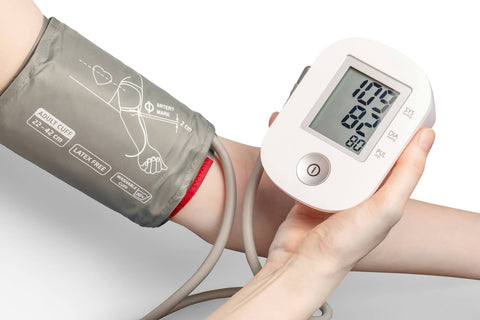

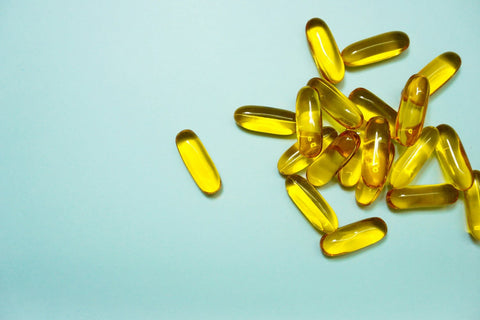
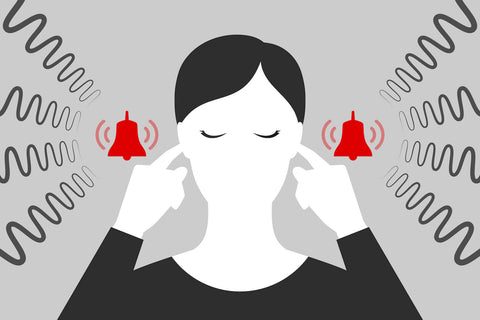


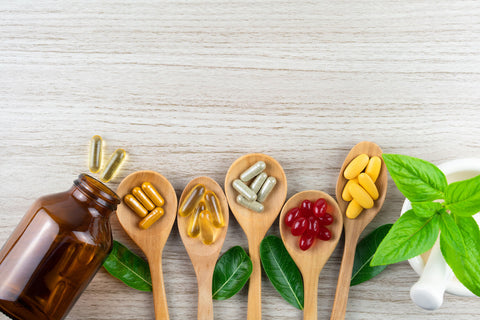
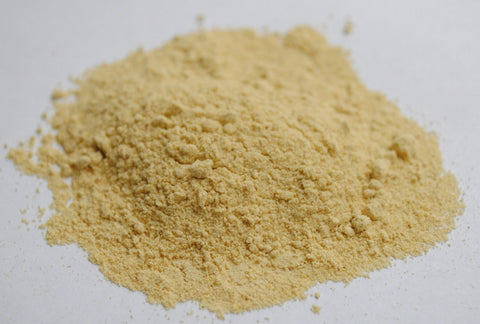
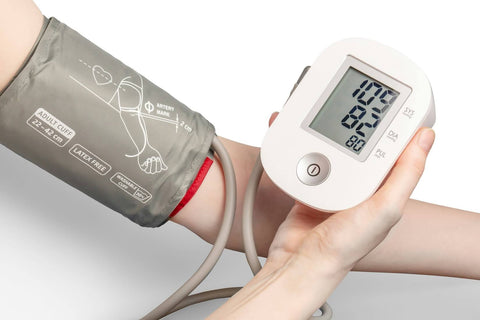

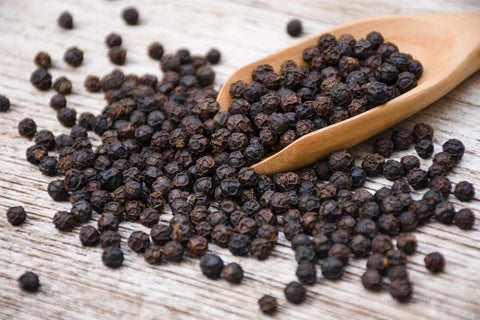

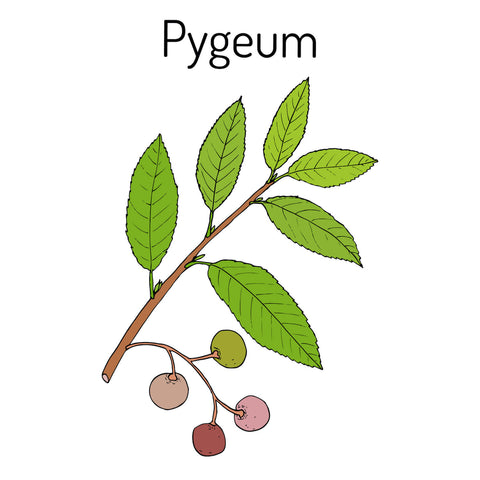
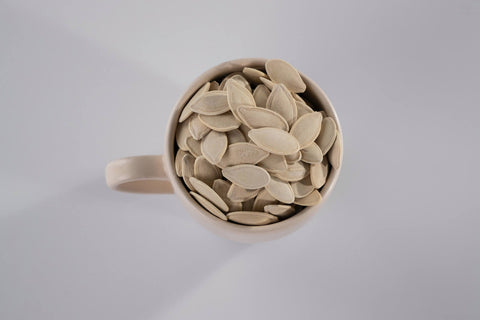







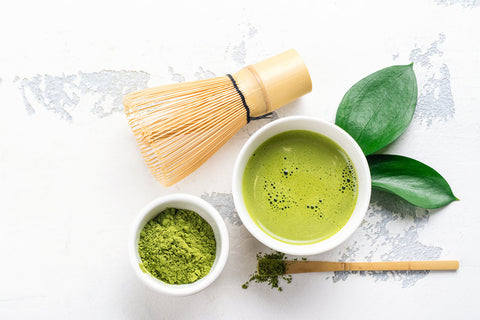














 1-800-822-5753
1-800-822-5753
